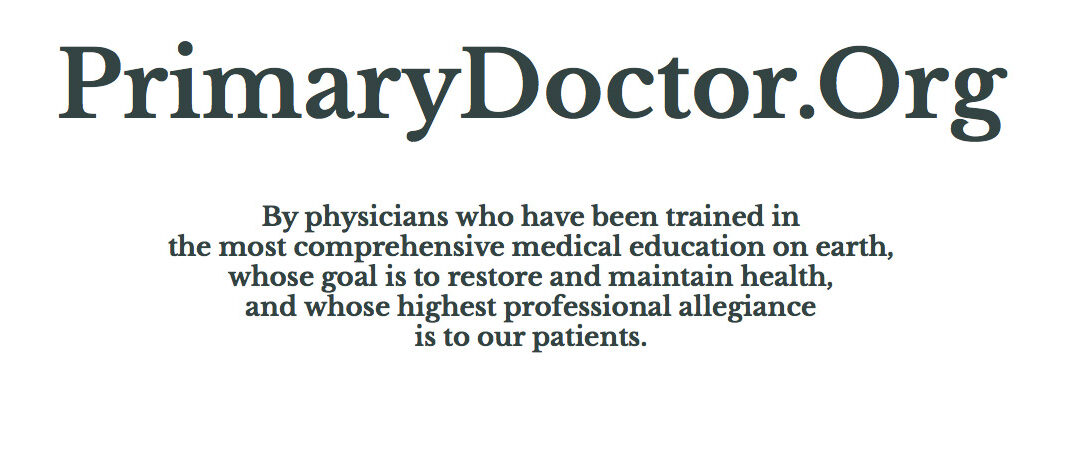Masks are neither effective nor safe:
A summary of the science
Colleen Huber, NMD
July 6, 2020
At this writing, there is a recent surge in widespread use by the public of facemasks when in public places, including for extended periods of time, in the United States as well as in other countries. The public has been instructed by media and their governments that one’s use of masks, even if not sick, may prevent others from being infected with SARS-CoV-2, the infectious agent of COVID-19.
A review of the peer-reviewed medical literature examines impacts on human health, both immunological, as well as physiological. The purpose of this paper is to examine data regarding the effectiveness of facemasks, as well as safety data. The reason that both are examined in one paper is that for the general public as a whole, as well as for every individual, a risk-benefit analysis is necessary to guide decisions on if and when to wear a mask.
Are masks effective at preventing transmission of respiratory pathogens?
In this meta-analysis, face masks were found to have no detectable effect against transmission of viral infections. (1) It found: “Compared to no masks, there was no reduction of influenza-like illness cases or influenza for masks in the general population, nor in healthcare workers.”
This 2020 meta-analysis found that evidence from randomized controlled trials of face masks did not support a substantial effect on transmission of laboratory-confirmed influenza, either when worn by infected persons (source control) or by persons in the general community to reduce their susceptibility. (2)
Another recent review found that masks had no effect specifically against Covid-19, although facemask use seemed linked to, in 3 of 31 studies, “very slightly reduced” odds of developing influenza-like illness. (3)
This 2019 study of 2862 participants showed that both N95 respirators and surgical masks “resulted in no significant difference in the incidence of laboratory confirmed influenza.” (4)
This 2016 meta-analysis found that both randomized controlled trials and observational studies of N95 respirators and surgical masks used by healthcare workers did not show benefit against transmission of acute respiratory infections. It was also found that acute respiratory infection transmission “may have occurred via contamination of provided respiratory protective equipment during storage and reuse of masks and respirators throughout the workday.” (5)
A 2011 meta-analysis of 17 studies regarding masks and effect on transmission of influenza found that “none of the studies established a conclusive relationship between mask/respirator use and protection against influenza infection.” (6) However, authors speculated that effectiveness of masks may be linked to early, consistent and correct usage.
Face mask use was likewise found to be not protective against the common cold, compared to controls without face masks among healthcare workers. (7)

